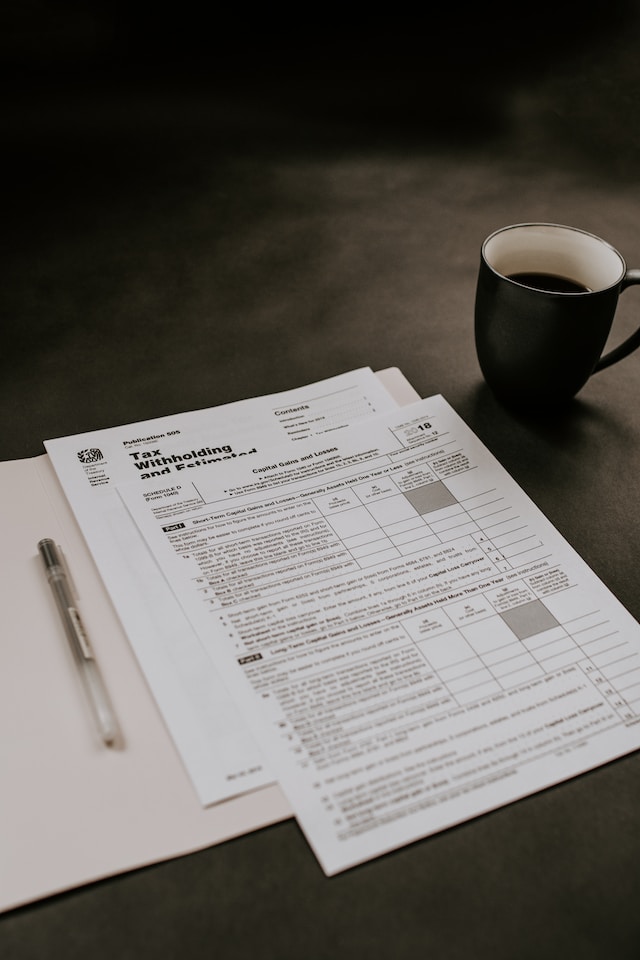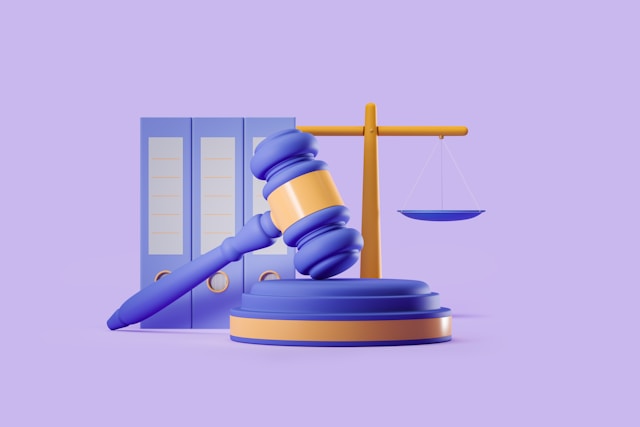Are you thinking about flipping a property? Here’s some useful information you need to know about the anti-flipping regulations implemented in January 2023.
House flipping, as defined in government documents, involves “purchasing real estate with the intention of reselling the property in a short period of time to realize a profit”.
The primary objective behind this new legislation is another step taken to mitigate demand and alleviate the excessive price escalation witnessed in recent years.
In essence, under the new tax law, anyone selling a property they’ve owned for less than 12 months, precisely 365 consecutive days, will be classified as having engaged in a “flip.” Consequently, any profits derived from such a transaction will be subject to taxation as business income. This signifies that the profits will be 100% taxable.
When a residential property is sold for a profit, the Income Tax Act dictates the taxation. Capital gains mean that 50% of the profit is taxable. But if it’s categorized as business income, the whole profit is taxed. Keep in mind, selling a primary residence doesn’t incur taxes. Engaging with residential property management can provide clarity on these nuances.
Nonetheless, some individuals have exploited this exemption by swiftly buying and selling properties for profit. In response, the Canadian government has implemented new regulations.
Capital Gains Vs Business Income
If you initially acquired your property with the intention of flipping, engaging in assignments, or purchasing it for the purpose of construction and subsequent sale, any profits from the property’s sale are typically treated as Business Income. On the other hand, if your property was originally acquired for generating rental income, any profits realized upon its sale would be categorized as capital gains.
In general, capital gains are subject to inclusion in your income at a rate of 50%, resulting in a lower tax liability compared to business income.
To illustrate how business income works, consider Sara and Matt who purchased a property for flipping at a cost of $400,000. After investing $100,000 in renovations, they sold it to Mary and Robert for $700,000, yielding a profit of $200,000. This $200,000 profit would be regarded as full-fledged business income. Assuming Sara and Matt are subject to a 25% tax rate, they would owe the government $50,000 in taxes.
Principal Residence Exemption
The Canada Revenue Agency (CRA) has been actively engaged in investigations and enforcement actions concerning residential real estate transactions. Essentially, individuals engaged in house flipping have been utilizing the Primary Residence Exemption (PRE) as a means to evade or reduce their tax liabilities.
The new tax legislation effectively puts an end to the use of the PRE as an option and unequivocally disallows the application of the principal residence exemption to shield the capital gain resulting from the sale of a home owned for less than 12 months.
Exemptions of The Anti-Flipping Tax
There are exceptions to selling your property within 365 days after purchasing your property. Exceptions to the anti-flipping tax include a certain number of life events such as:
- The death of the taxpayer or a person related to the taxpayer
- The breakdown of a marriage or common-law partnership
- A threat to personal safety
- Serious illness or disability
For the full list of exemptions check out the CRA website: https://www.canada.ca/en/revenue-agency/programs/about-canada-revenue-agency-cra/federal-government-budgets/residential-property-flipping-rule.html
In conclusion, if you plan to flip a property and hold it for less than 365 days, you should expect to pay taxes on the full amount of your gains. Consider using property management services to navigate these implications.
The Principal Residence Exemption, which previously provided a tax shield, will no longer be applicable in such cases. It is highly advisable to consult with a professional accountant if you believe this situation might pertain to your real estate dealings.





